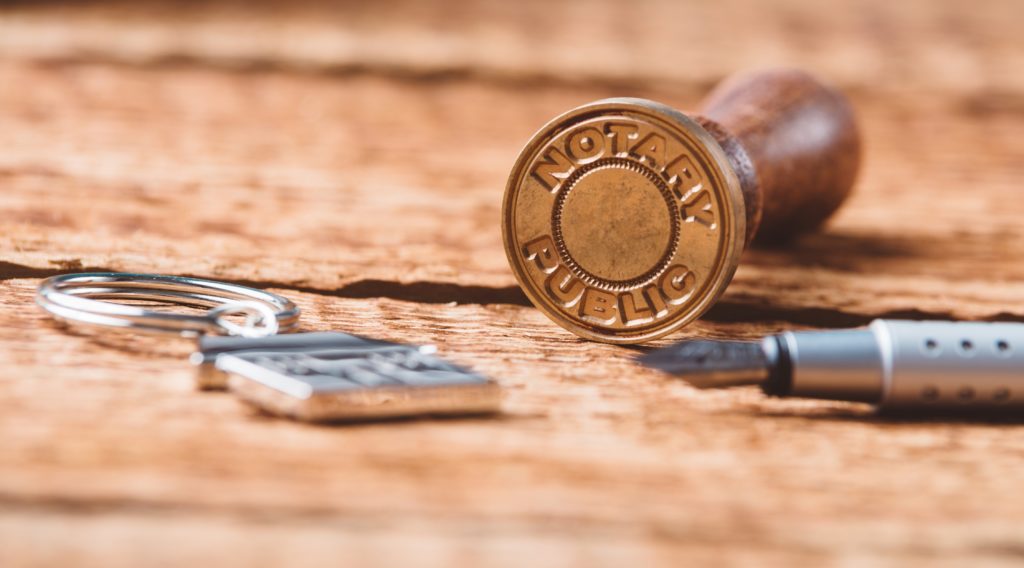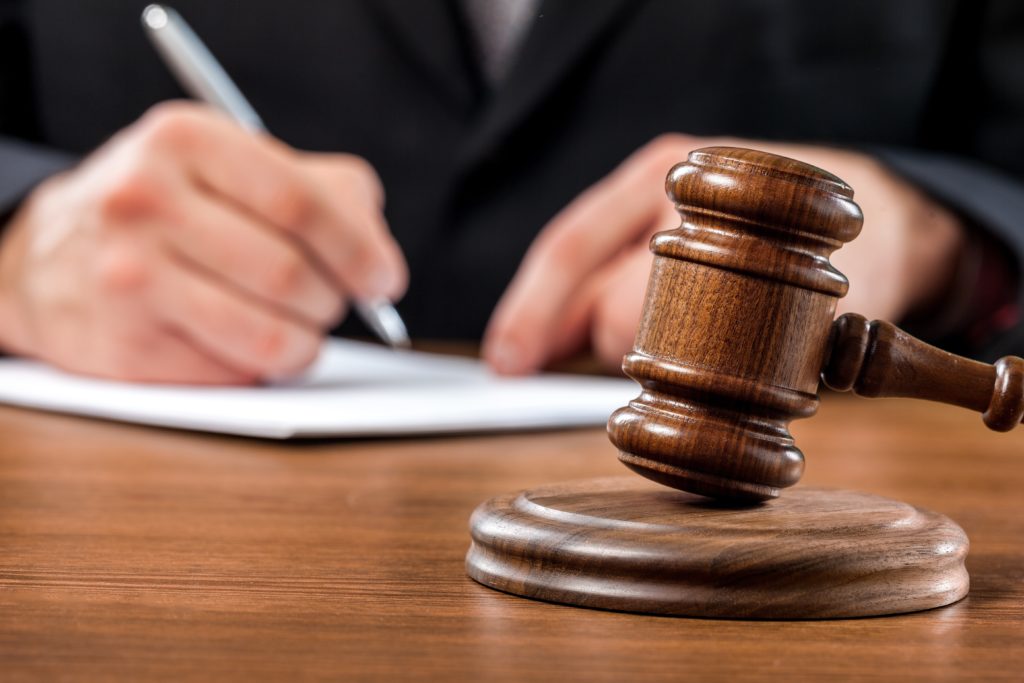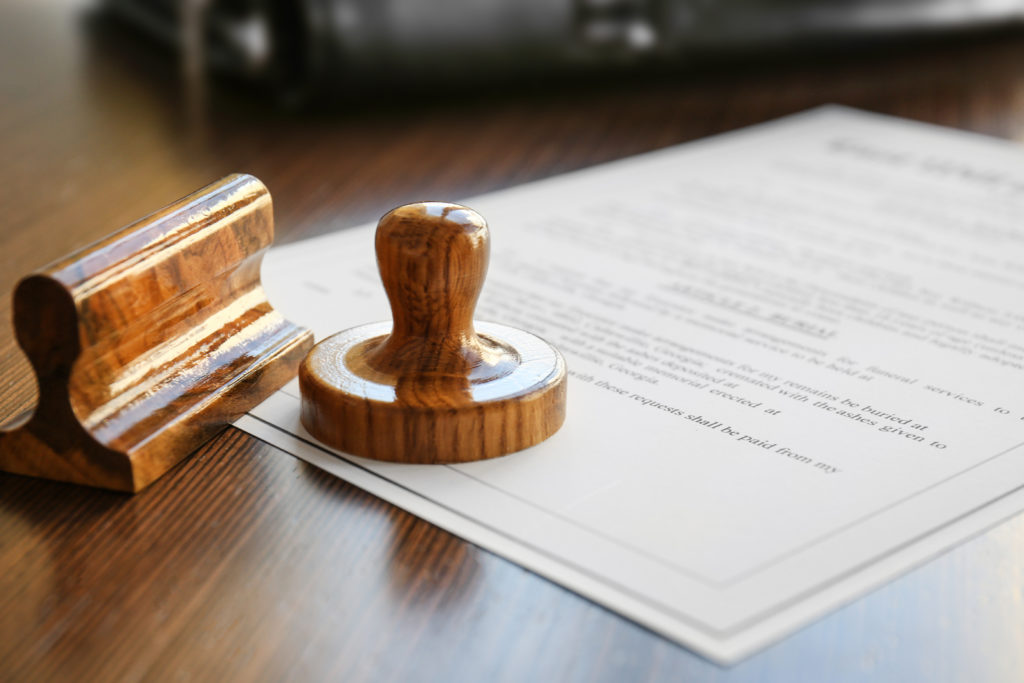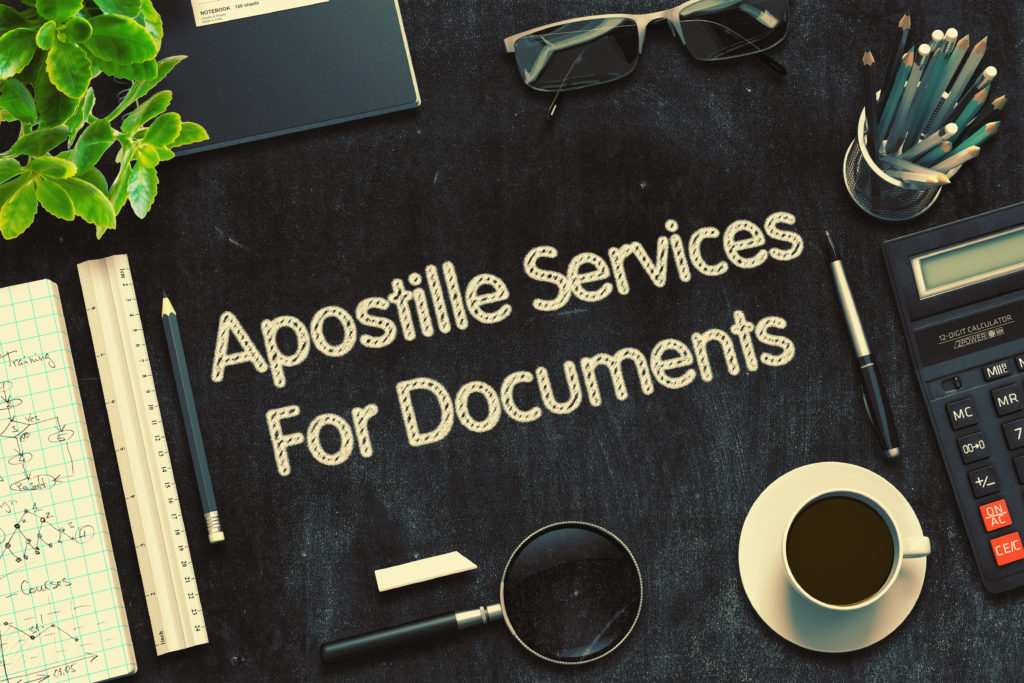Have you ever needed to sign an important legal document, only to be told that it must be notarized? If so, you may have wondered what a notary is and how they can assist you. In this article, we’ll explore the important role that notaries play and how they can help you protect your legal interests.
Understanding the Role of a Notary
A notary is a public official who is authorized by the state government to verify the authenticity of documents and signatures. When you sign a document in the presence of a notary, they will confirm your identity and add their own signature and seal to the document. This act of notarization signifies that the document is valid and enforceable.
Definition of a Notary Public
A notary public is an individual who has been appointed by the state government to perform notarizations. In order to become a notary public, an individual must meet certain requirements, such as completing a training program and passing an exam. Notary publics are typically authorized to perform notarizations within a specific geographic area, such as a county or state.
History of Notaries
The use of notaries dates back to ancient Roman times, when they were known as notarius. Notaries played a critical role in drafting and preserving legal documents during this time period. The notaries of ancient Rome were highly respected and held in high regard. They were responsible for recording the official proceedings of the Roman Senate and for creating official copies of important legal documents.
During the Middle Ages, notaries continued to play an important role in society. They were responsible for creating and preserving legal documents, such as wills and property deeds. Notaries were also responsible for recording the proceedings of local courts and for administering oaths and affirmations.
Today, the use of notaries is widespread, and they can be found in a variety of legal and financial settings. Notaries are often employed by banks, law firms, and government agencies. They are responsible for verifying the identity of individuals signing important documents, such as loan agreements, wills, and powers of attorney.
Differences Between a Notary and Other Legal Professionals
It’s important to note that notaries are not the same as attorneys or judges. While attorneys and judges have legal training and the ability to give legal advice, notaries are primarily responsible for verifying the identity of individuals signing documents. Notaries are not authorized to provide legal advice or to draft legal documents.
However, notaries do play an important role in the legal system. By verifying the authenticity of documents and signatures, notaries help to ensure that legal agreements are valid and enforceable. They also help to prevent fraud and protect the interests of all parties involved in a legal transaction.
The Notarization Process
Now that we have a better understanding of what notaries do, let’s take a closer look at the notarization process.
Notarization is a process that involves the authentication of legal documents by a notary public. A notary public is a public official who is authorized by the government to witness the signing of legal documents and administer oaths.
Types of Documents That Require Notarization
Notarization may be required for a variety of legal documents, including wills, deeds, powers of attorney, and contracts. Notarization is necessary to ensure that the document is legally binding and enforceable in a court of law. When in doubt, it’s always best to check with your attorney or financial advisor to determine whether a document needs to be notarized.
It is important to note that not all documents require notarization. For example, personal letters, notes, and emails do not require notarization.
Steps in the Notarization Process
When you arrive to have your document notarized, the notary will first verify your identity by asking for a government-issued ID. This is to ensure that you are the person who is authorized to sign the document.
Once your identity has been confirmed, you will sign the document in the presence of the notary, who will then add their own signature and seal to the document. The notary may also record some basic information about the notarization, such as the date and location.
The notary will also ensure that the document is complete and that all necessary signatures are present. If the notary finds any errors or omissions, they will ask for the document to be corrected before it can be notarized.
Notary Seals and Stamps
Notaries have a unique seal or stamp that they use to authenticate documents. This seal typically includes the notary’s name, the date of the notarization, and the location where it took place. The use of a seal or stamp helps to prevent fraud and ensure that the document is legally binding.
It is important to note that not all states require notaries to use a seal or stamp. Some states allow notaries to use an electronic signature or digital seal instead.
Overall, the notarization process is an important step in ensuring the validity and enforceability of legal documents. Whether you are buying a house, creating a will, or signing a contract, notarization provides an added layer of protection and peace of mind.
How to Find a Notary
If you need to have a document notarized, there are several options available to you. Notarization is the process of verifying the authenticity of a signature on a legal document. It is often required for legal and financial transactions, such as buying or selling a home, applying for a loan, or creating a will.
While notaries are widely available, it is important to choose a reputable and experienced notary to ensure that your document is properly notarized.
Online Notary Directories
One of the easiest ways to find a notary is to use an online directory. These directories allow you to search for notaries in your area and often include reviews and ratings from other customers. Some popular online directories include Notary.net, 123notary.com, and Notarize.com.
Before choosing a notary from an online directory, be sure to read reviews and check their credentials. Look for a notary who is licensed and insured, and who has experience with the type of document you need notarized.
Local Banks and Financial Institutions
Many banks and financial institutions offer notary services to their customers. If you have an account with a bank or credit union, they may be able to assist you with your notarization needs. Some banks may charge a fee for notary services, while others offer them for free to their customers.
When using a notary at a bank or financial institution, be sure to bring a valid form of identification and any documents that need to be notarized. The notary will verify your identity and witness you signing the document.
Government Offices and Courthouses
Government offices and courthouses often have notaries on staff who can assist you with your notarization needs. Keep in mind that these services may be limited to certain hours or days of the week.
When using a notary at a government office or courthouse, be prepared to wait in line and bring a valid form of identification and any documents that need to be notarized. The notary will verify your identity and witness you signing the document.
In conclusion, finding a notary is an important step in ensuring that your legal and financial documents are properly notarized. Whether you choose to use an online directory, a local bank, or a government office, be sure to choose a reputable and experienced notary who can provide you with the services you need.
The Benefits of Using a Notary
Now that we know how to find a notary and what they do, let’s take a closer look at the benefits of using a notary.
Preventing Fraud and Identity Theft
One of the most significant benefits of using a notary is that it helps to prevent fraud and identity theft. By verifying your identity and adding their own seal to the document, the notary ensures that the document is authentic and legally binding.
Identity theft is a growing concern in today’s world. By having a notary verify your identity, you can rest assured that your personal information is protected. Notaries are trained to identify potential signs of fraud and can refuse to notarize a document if they suspect that something is amiss.
Ensuring Proper Execution of Documents
Notaries also play an important role in ensuring that documents are executed properly. For example, if you are signing a power of attorney, the notary can confirm that you understand the implications of signing the document and that you are doing so of your own free will.
Additionally, notaries can help to prevent disputes over the validity of a document. By adding their seal to the document, they are providing a clear indication that the document has been properly executed and is legally binding.
Facilitating International Transactions
Finally, notaries can be particularly useful in facilitating international transactions. In some cases, countries require notarized documents for a transaction to be recognized as valid. Using a notary can help to ensure that your documents meet these requirements.
Notaries can also assist with the translation of documents, which can be especially helpful when dealing with legal documents in a foreign language. They can also provide guidance on the specific requirements for notarized documents in different countries.
In conclusion, using a notary can provide numerous benefits, including preventing fraud and identity theft, ensuring proper execution of documents, and facilitating international transactions. If you need to have a document notarized, it is important to find a qualified notary who can provide the necessary services.
Conclusion
In conclusion, notaries play a critical role in ensuring the validity and enforceability of legal documents. Whether you need to sign a will, a contract, or a power of attorney, using a notary can help to protect your legal interests and prevent fraud. By understanding the notarization process and knowing how to find a notary, you can take advantage of this valuable service and protect your legal rights.




